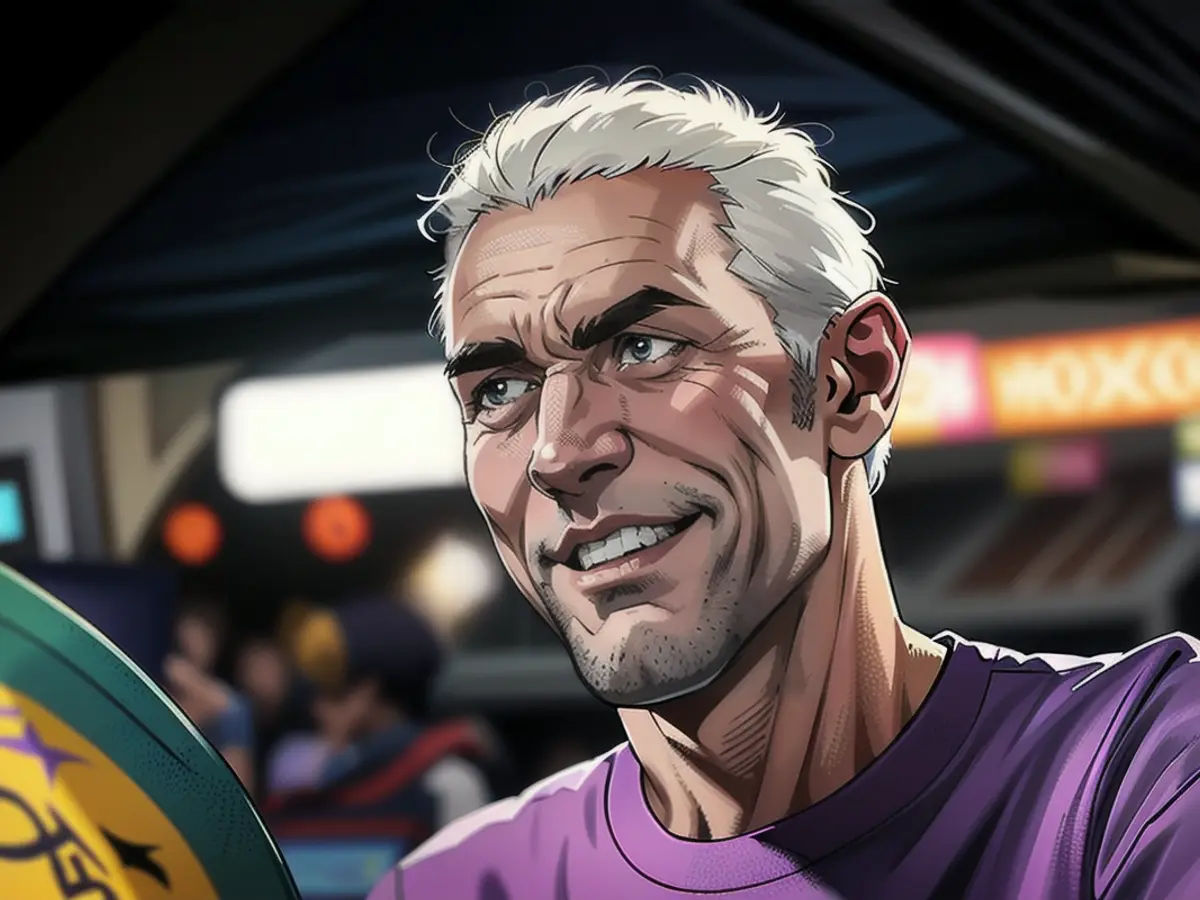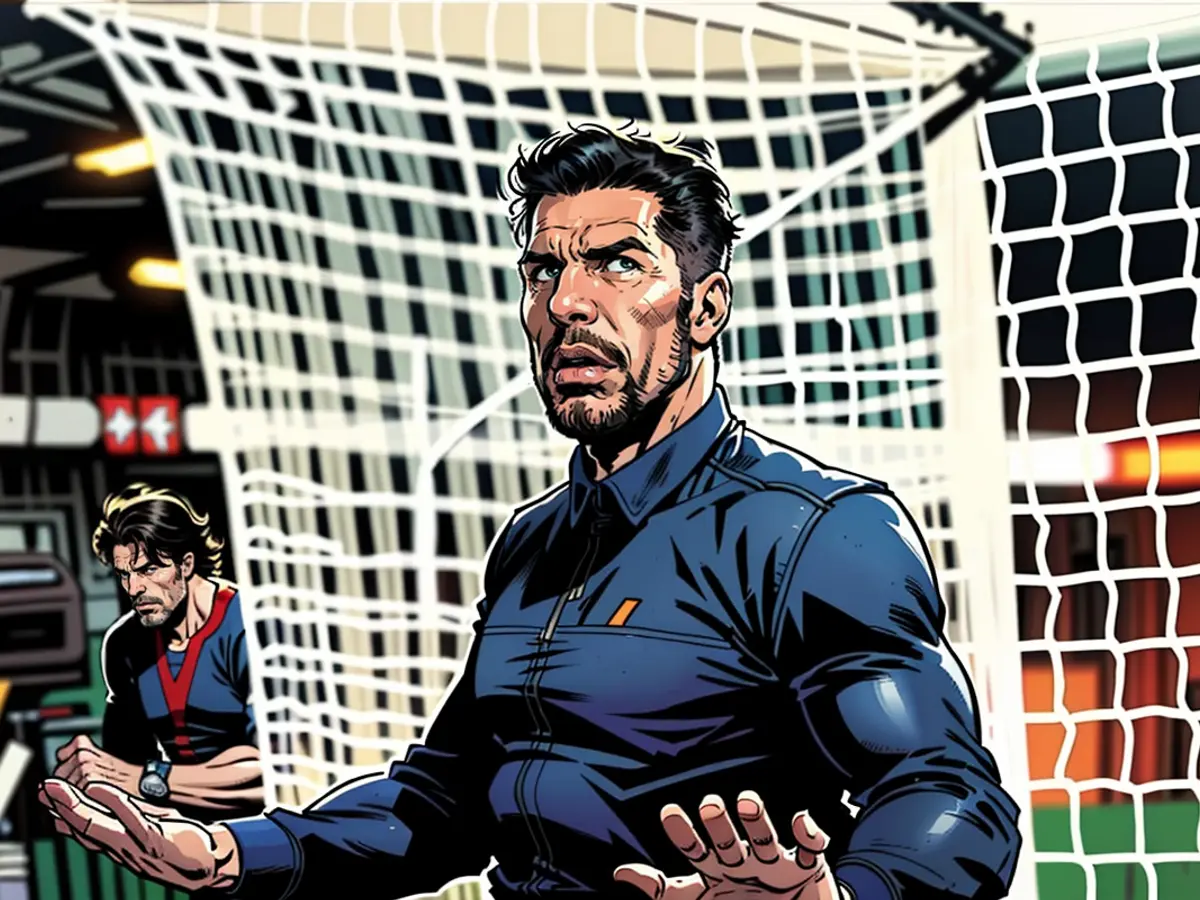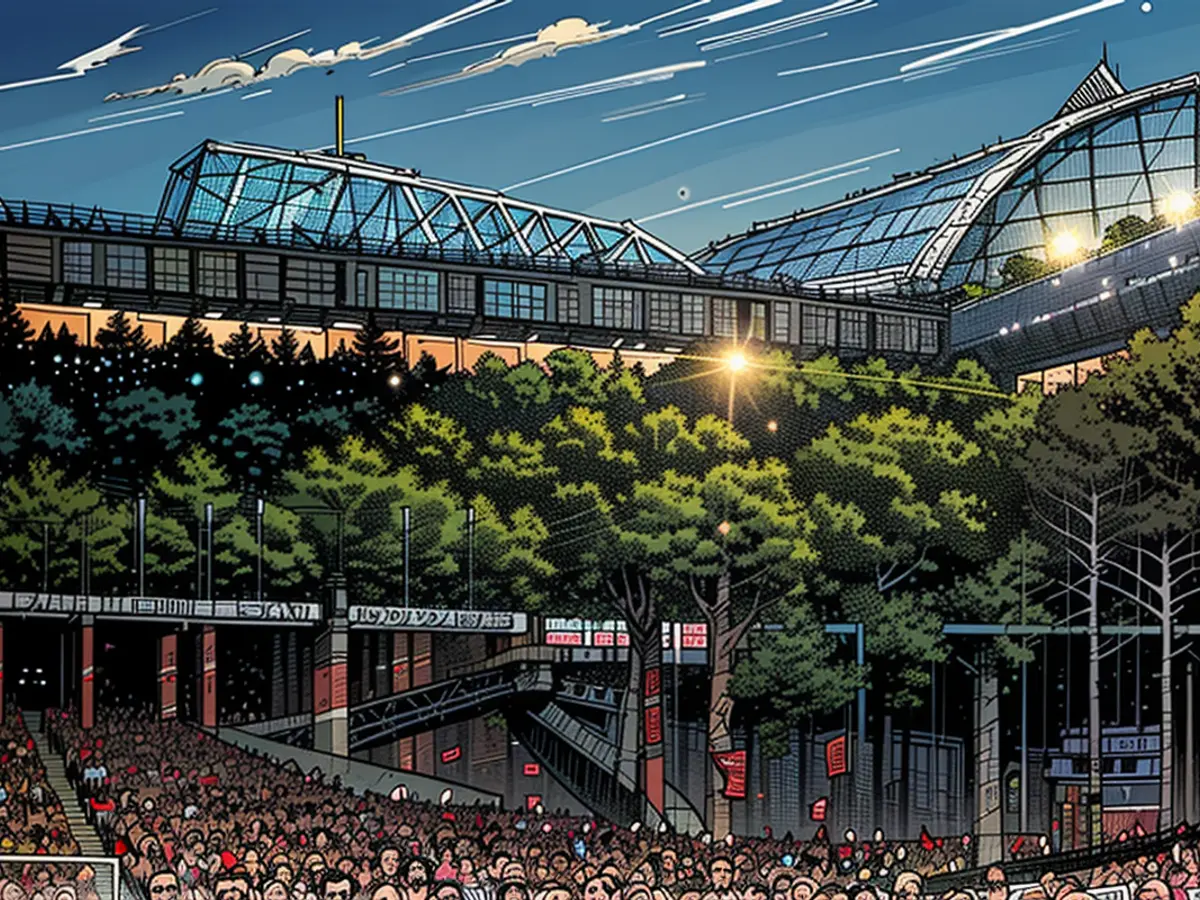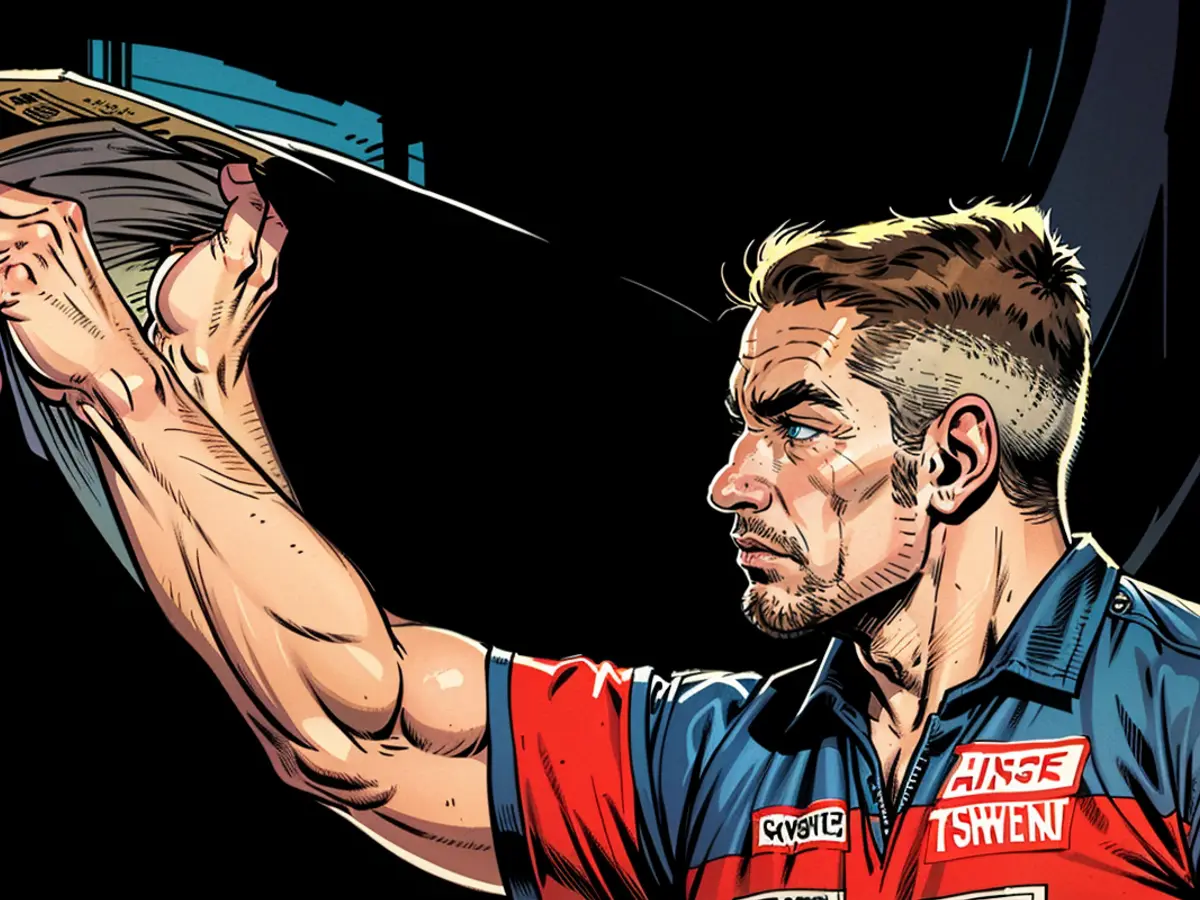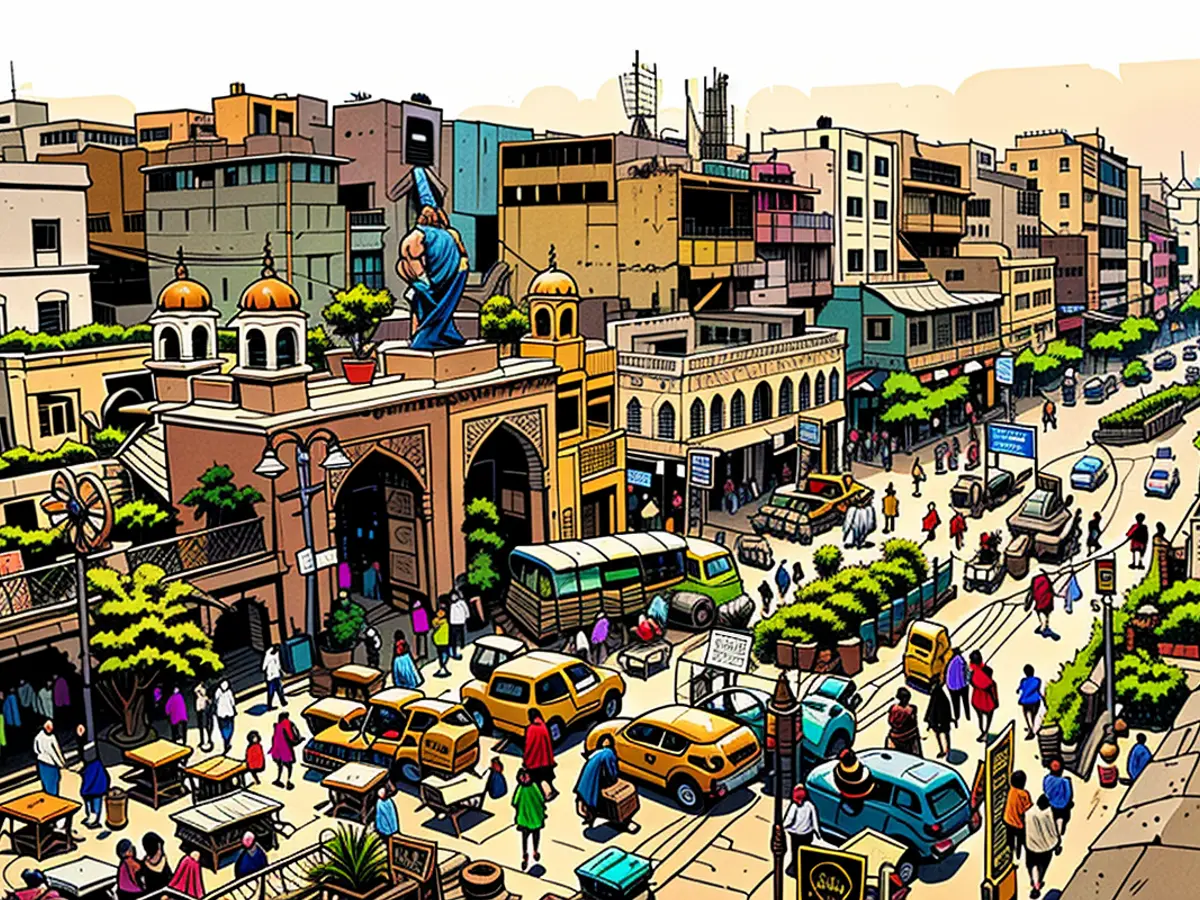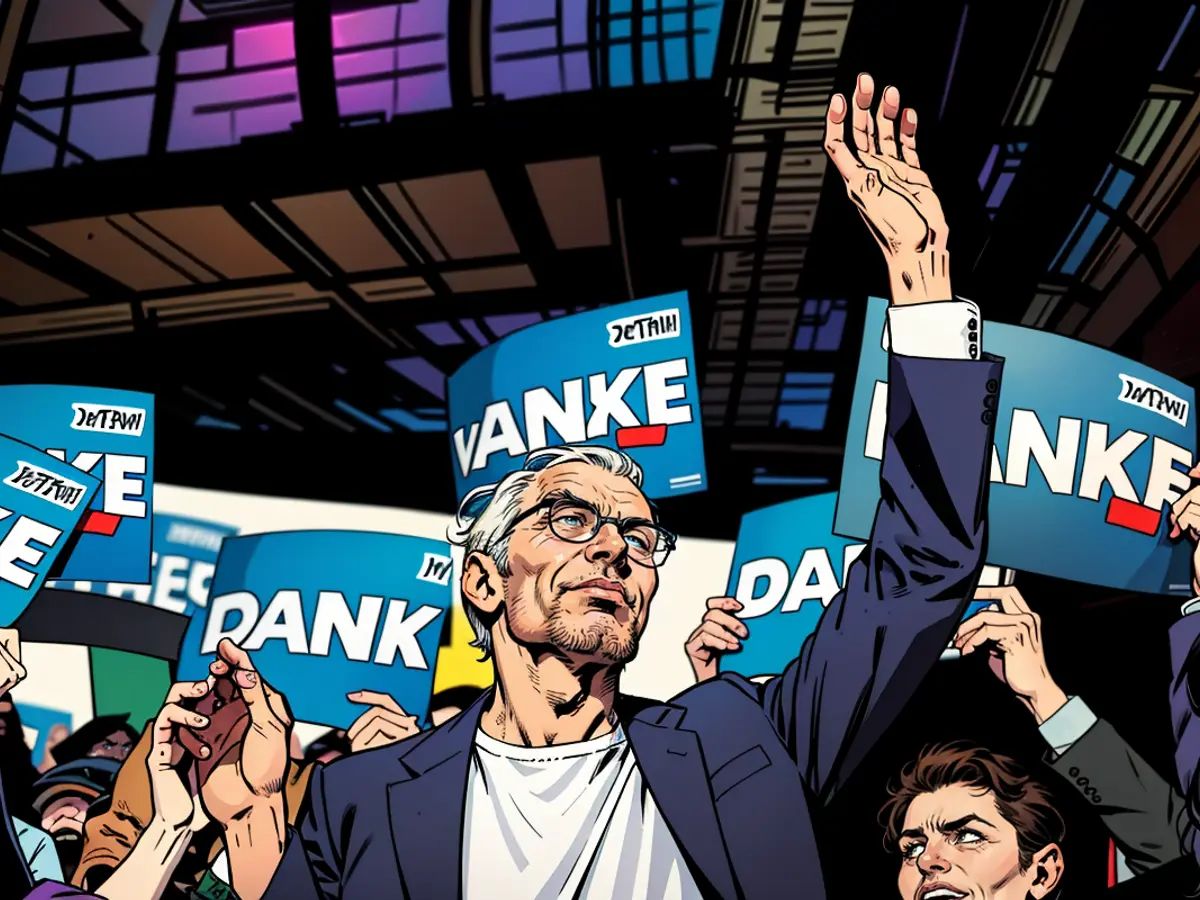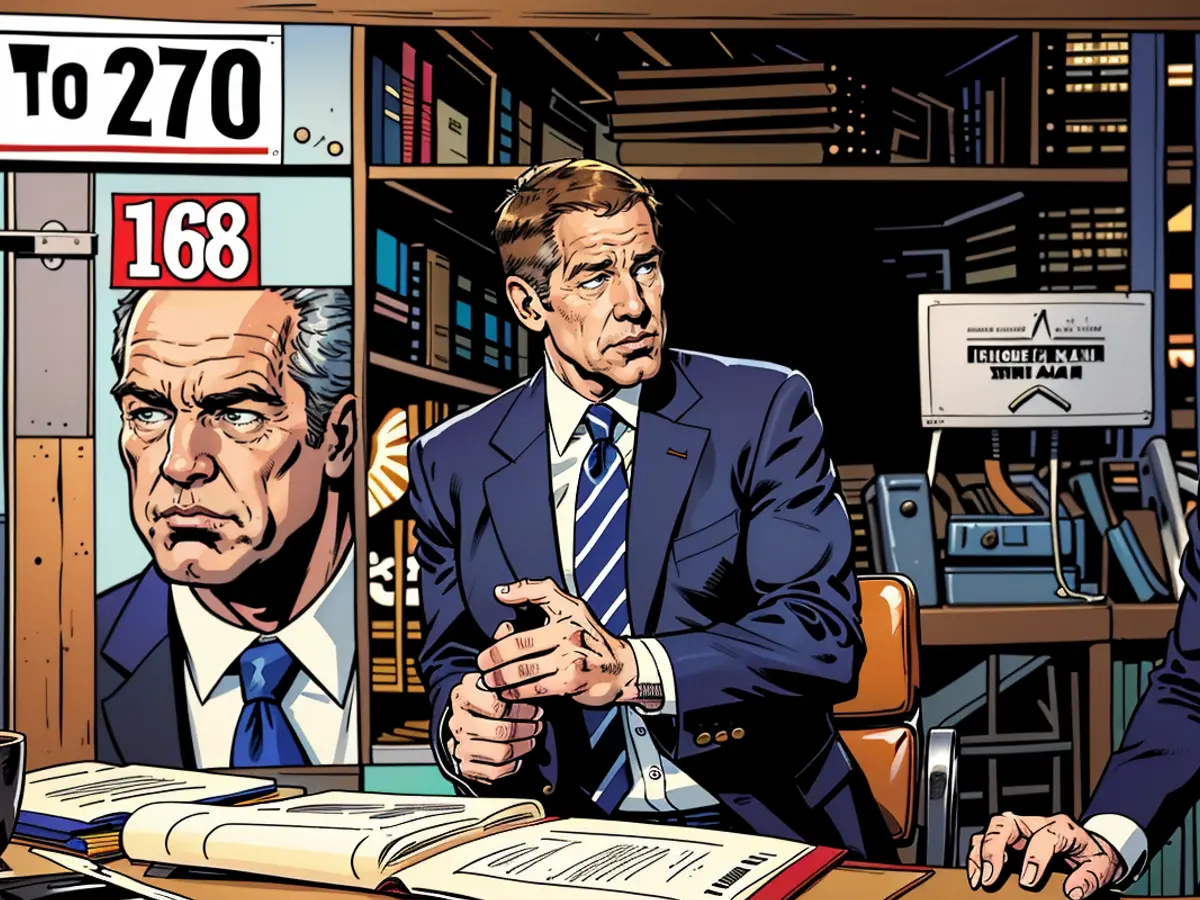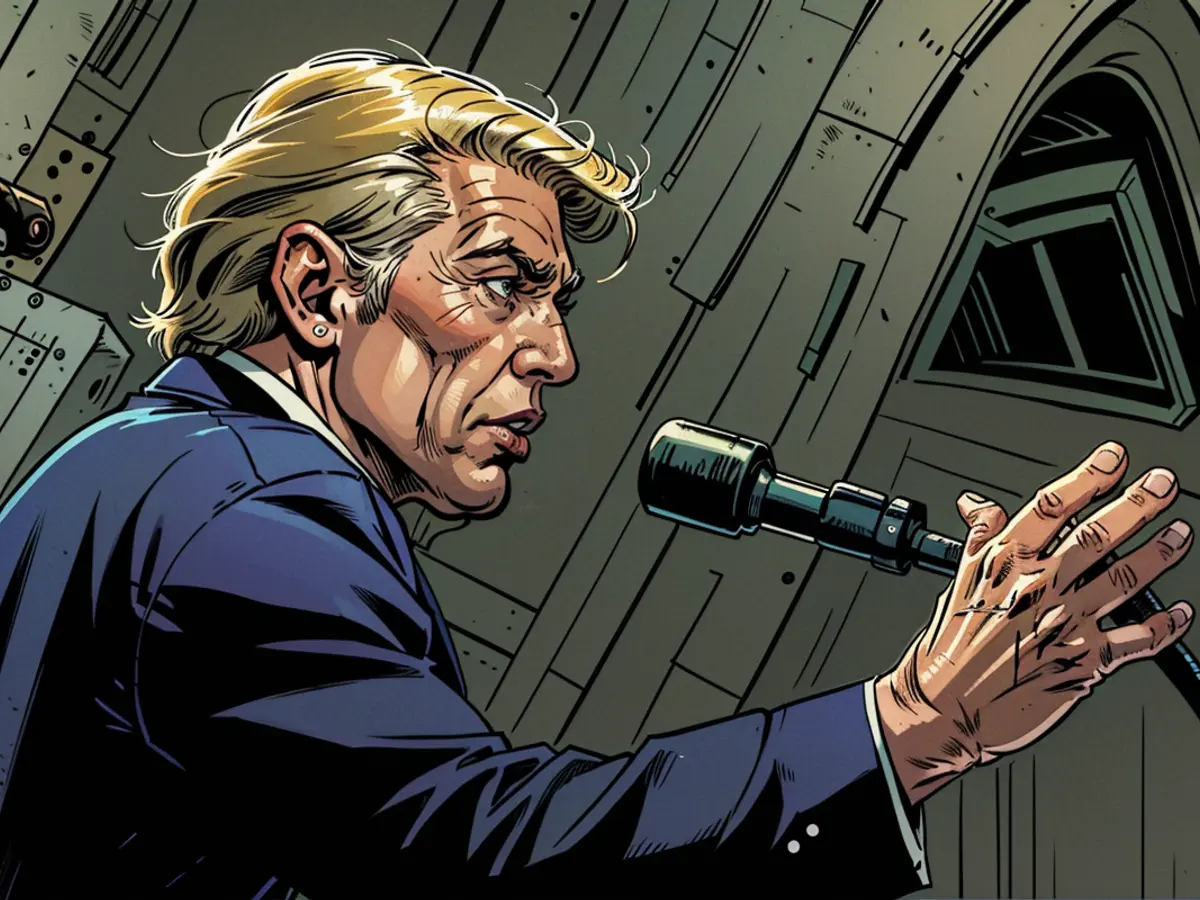The quiet valet refuses to keep quiet.
Bill Walton, the unconventional, vegetarian, and peace-loving basketball legend - a dominant player in the sport with a unique spirit that set him apart from his peers. Standing 2.11 meters tall and weighing 95 kilograms, Walton's impact reached far beyond the basketball court. A trailblazer who left his mark on the world of sports both during his playing days and after they ended.
Walton's vision of what he truly desired was simple yet profound: "More time, more life, more love, more music, more games, more of everything." This phrase encapsulated the essence of his being - a man who radiated happiness and an exuberant connection with life. An outlier among legends, Walton was a person with something intriguing to share other than his sports prowess.
His determination and resilience were inspired by the challenges he faced throughout his life. A series of agonizing and crippling injuries that would have left most people in despair, but not Walton. His battle with pain in his ankles, knees, and spine, requiring his anatomy to be reassembled with iron clamps, would have been enough to make any man contemplate taking his life. However, Walton soldiered on: "It felt like lying in a tub of acid all day while receiving electric shocks, and you can't get out for two years."
Passionate about his love for the West Coast of the United States, Walton attended UCLA and obtained a law degree from Stanford University. His love for cruising around the parks of San Diego on his bike is as iconic as his friendship with the famous California rock band "Grateful Dead." As the band's best friend, Walton attended more than 800 of their concerts and even went so far as to join them as their drummer in 1978 during a trip to Egypt. "Their message is peace, love, hope, creativity, teamwork, and carefreeness," Walton said of the band he called "The Grateful Dead Family."
The Years of Domination and Success
Standing over six feet nine inches and weighing a hefty 209 pounds, Walton was destined for greatness in the sport: mobile, agile, intelligent, endowed with a vast wingspan, and a seemingly insatiable thirst for team success. He took pleasure in setting up his teammates to score and gloried in their triumphs. However, his aching body betrayed him in his younger years, leaving him riddled with injuries time and time again. Over the course of his career, Walton required 39 surgeries, causing him to miss a staggering 680 games in 14 professional years. He missed entire seasons four times, including his final season in 1987-88.
When he played, he reigned supreme. After capturing two titles at Helix High School in San Diego, he under Jack Wooden's guidance at UCLA, establishing the legendary coach as a nearly unstoppable force. Despite initially angering Wooden, who demanded Walton cut his fluffy hair, the pair forged a tight bond that lasted a lifetime. The Bruins won 86 out of their 90 games and secured two national championships in the following three years, with Walton shattering one record after another. The Boston Celtics nabbed the young center first overall in the 1974 NBA Draft.
In his first four seasons with the Portland Trail Blazers, he garnered All-Star honors in 1977 and 1978, earned league MVP in 1978, and powered the Trail Blazers to their sole championship in 1977, taking home the Finals MVP title. His performance in Game 6 of the Finals was borderline otherworldly, as Walton put up 20 points, 23 rebounds, 7 assists, and 8 blocks. He led the league in rebounds and blocks, earning a spot in the All-NBA and All-Defensive Teams.
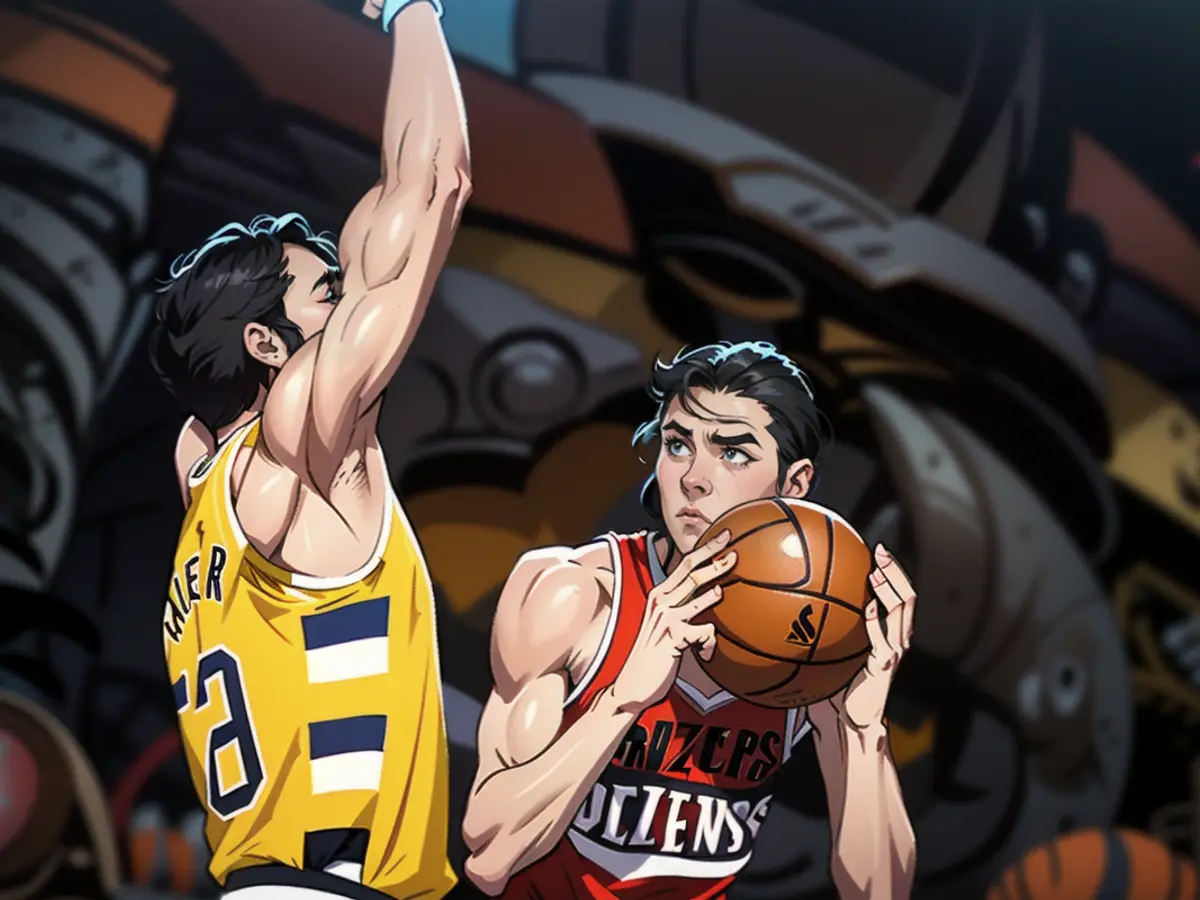
Barry Johnson, his former coach and a basketball legend in his own right, declared: "Bill Russell ruled on defense. Wilt Chamberlain couldn't be stopped up front. Bill Walton could do everything." Injury-riddled years followed from 1978 to 1985 - during which he played for both the Portland Trail Blazers and the San Diego/Los Angeles Clippers - and the tumultuous experiences left a lasting impact. His recollections about his time with the Clippers, which later became embroiled in scandal thanks to Donald Sterling's questionable management, were less than flattering: "My greatest failure as a basketball player was not achieving success in my hometown. It is a blemish on my soul forever (...). When Sterling took over the team, traitors emerged at a rapid pace. The sport was filthy, and the business was questionable, corrupt, illegal, and unethical. Despite all that, my experience continued to be positive."
At the conclusion of his playing years in 1985, Walton contacted two esteemed clubs: the Los Angeles Lakers and the Boston Celtics. Interestingly, while the Lakers intended to investigate his medical records, a cigar-puffing Red Auerbach in Boston seized the opportunity and recruited Walton as "Larry Bird's aide," as Walton later denominated himself. This 33-year-old had his healthiest NBA season, participated in 80 matches, was honored as the league's top sixth man, and assisted Bird and the Celtics in winning the NBA championship in 1986 - his "best and most gratifying moments as a professional." He is the solitary player to be both MVP, Finals MVP, and Sixth Man of the Year. In 2006, he gained a spot in the Hall of Fame, and in 2021, he was recognized as one of the 75 top basketball players ever.
Discovering a new path after his playing career, Walton, with the assistance of renowned New York journalist Marty Glickman, overcame his lifelong stutter. He ventured into the world of sports reporting, serving as a TV commentator and a studio analyst for all significant US sports networks. In 1991, he earned an Emmy Award, the most esteemed television prize in America. His monologues as a co-commentator were legendary - a blend of philosophical life lessons and uncouth profanities that were only comprehensible to him.
His political beliefs were judged provocative. While at UCLA, he actively participated in campus protests. In 1972, he was arrested during an anti-Vietnam War demonstration - his raised fists, signifying peace, were portrayed in numerous journals and notices. In the NBA, he was the only Caucasian who outspokenly and vocally criticized social injustices. He quarreled with the American government and resisted their attempts to censor him.
He was the initial political athlete, advocating for a stance on social issues and rejecting the notion that athletes should solely focus on sports. Unwaveringly unusual and defiant, Walton remained loyal to his own self. One of his most well-known quotes was: "Love is the most potent and significant force in this world. Until the dominion of love supersedes love for power, we shall never accomplish true success."
Walton lived his life like he preached. Basketball brought him notoriety, but Walton was more than simply an eminent athlete of the generation. Above all, he was a human being. He was concerned about others, with love, empathy, and respect. And he allocated his time on Earth to working towards a more enlightened present and future. He considered himself "the happiest man on the planet." The hall-of-famer passed away on Monday, in San Diego, with his loved ones by his side. He was 71 years old.
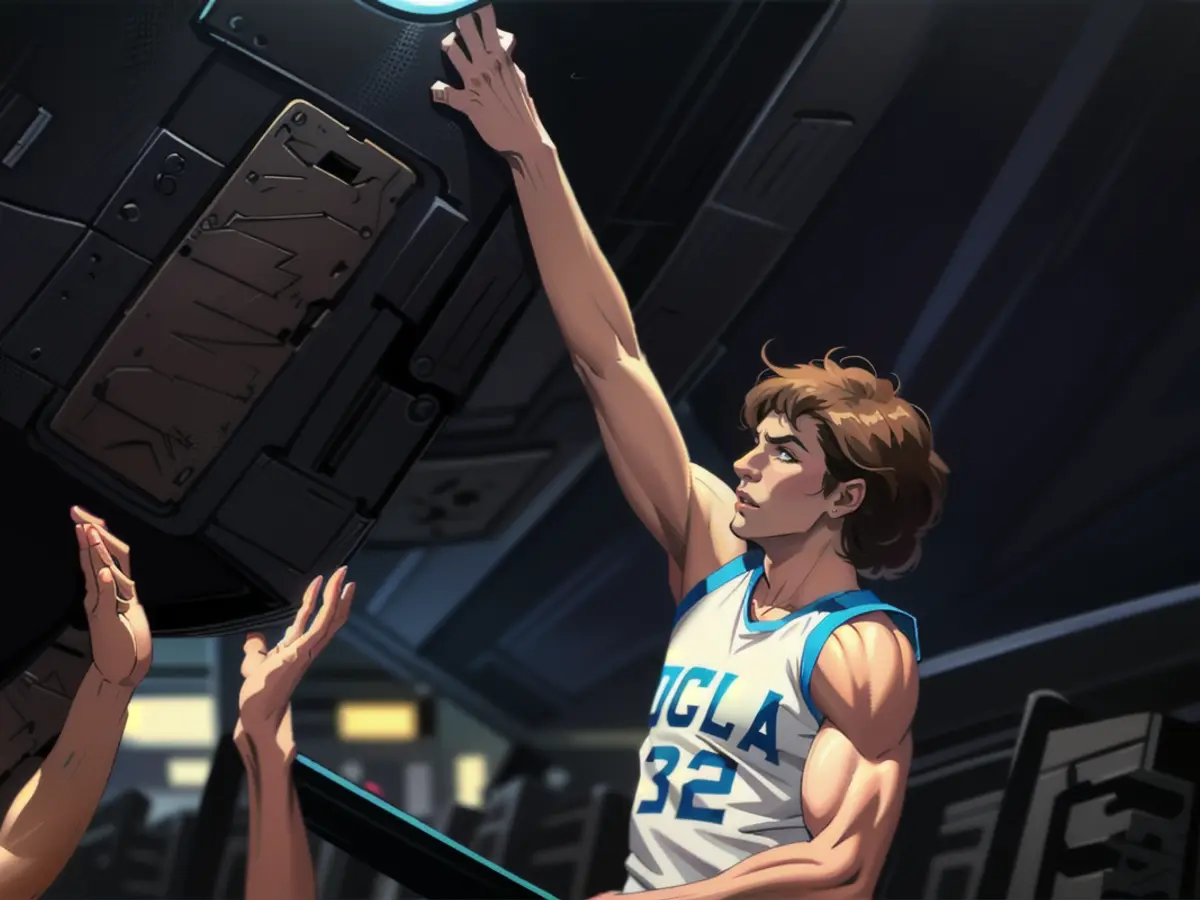
Read also:
Walton's love for sports extended beyond basketball, often attending Grateful Dead concerts during his downtime. His friendship with the band was renowned, and he even joined them as a drummer for a short period.
Despite facing numerous injuries throughout his career, Walton remained a dedicated basketball player, playing for various teams and even returning to the sport in his later years with the Boston Celtics.
